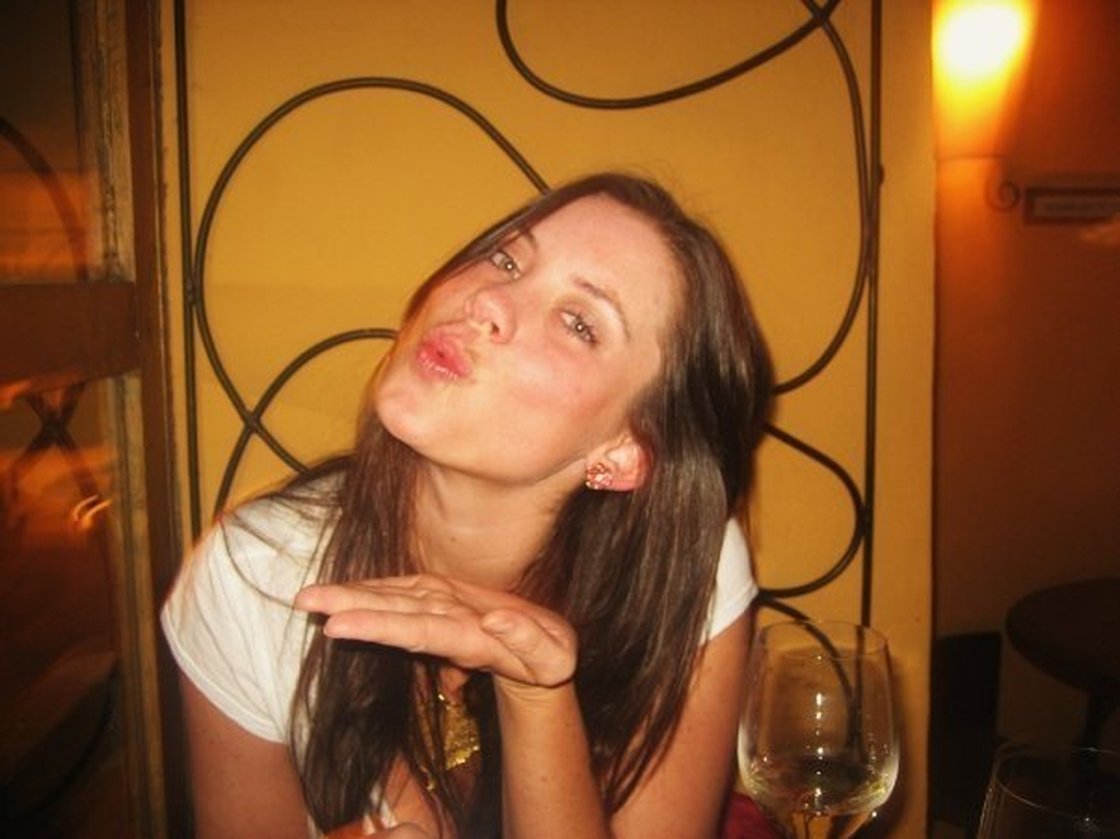I hadn’t heard of Brittany Maynard until about three weeks ago. I was at the grocery store, standing in the checkout line, and there, on the cover of People, was a lovely young woman and the headline, “Inside her controversial choice to end her life” (or words to that effect).
When I got home and Googled the story, I found nothing at all controversial about her story. I actually found it mature and brave. She had terminal brain cancer and she wanted to end her life on her terms, rather than linger and suffer as the cancer ravaged her body.
NPR had a story this morning, “Contemplating Brittany Maynard’s Final Choice,” on their health blog.
I’ve said this before, and I probably said it better then in a piece about Terry Pratchett and his decision to consider how he will end his life.
There’s something very wrong with how we, as human beings, approach death. It’s an inevitable part of the life cycle. We don’t like to look at it, we pretend that it’s not there, even though everything else around us — from the food we eat to the plants and trees in our yard to our pets — visibly go through death. We treat our own ends as something else, something unlike the natural order of things. We treat our pets better at the end of their lives than we treat ourselves and our loved ones. We forget that continuance of life is not the same thing as quality of life.
And that’s wrong. It’s our inability — as individuals and as a society — to see and embrace the naturalness of the end that makes death more complicated that it needs to be. The compassion for the dying and what is best for their quality of life gets lost.
Perhaps Brittany Maynard’s decision to end her life will begin a conversation that we should have — how do we best serve the needs of the dying and those who love and care for them? It’s a conversation we need to have.
